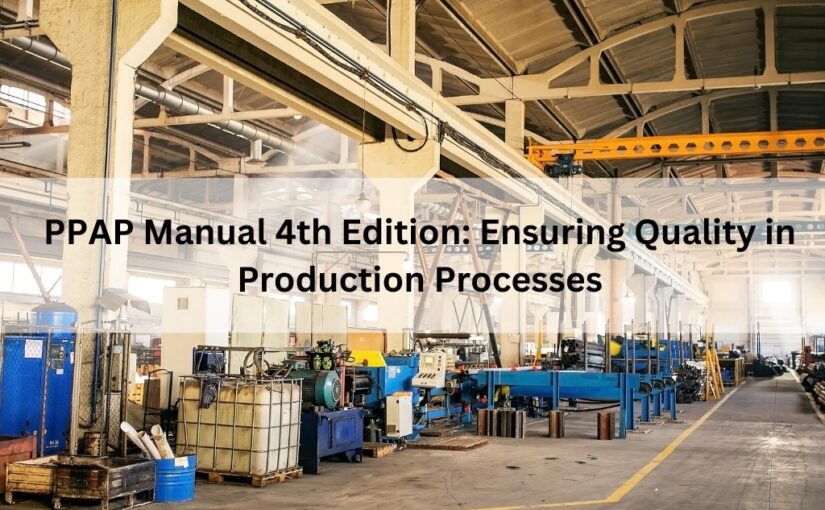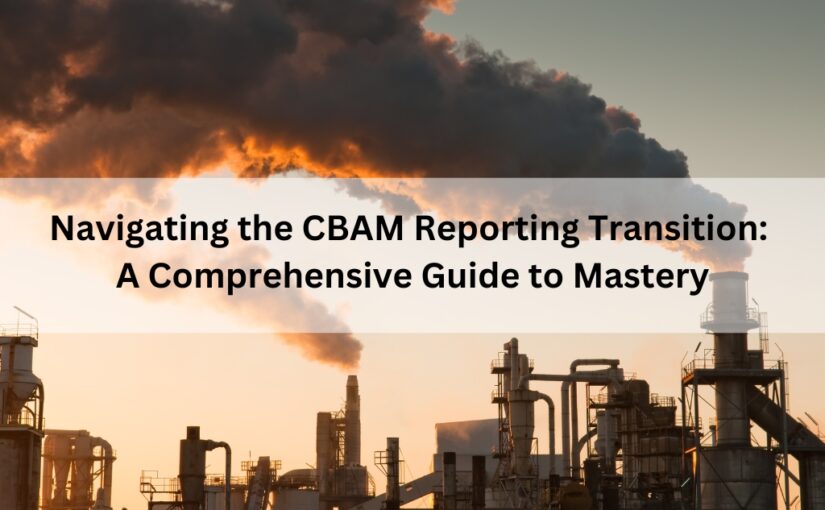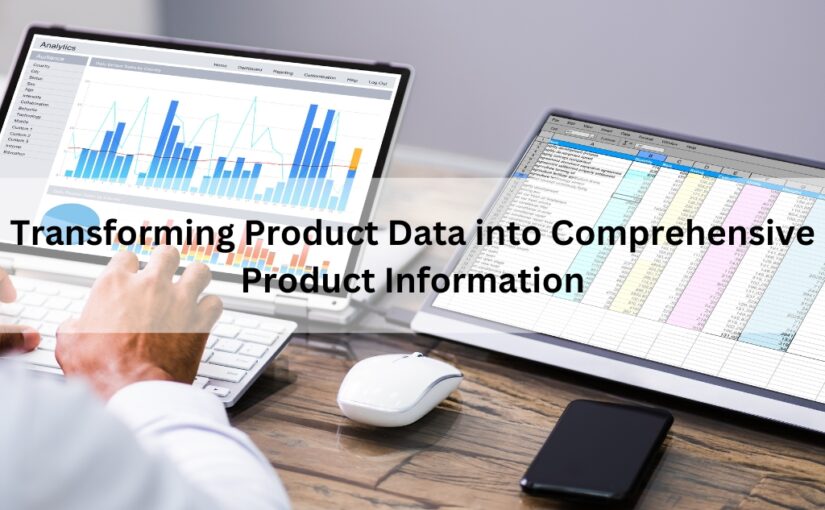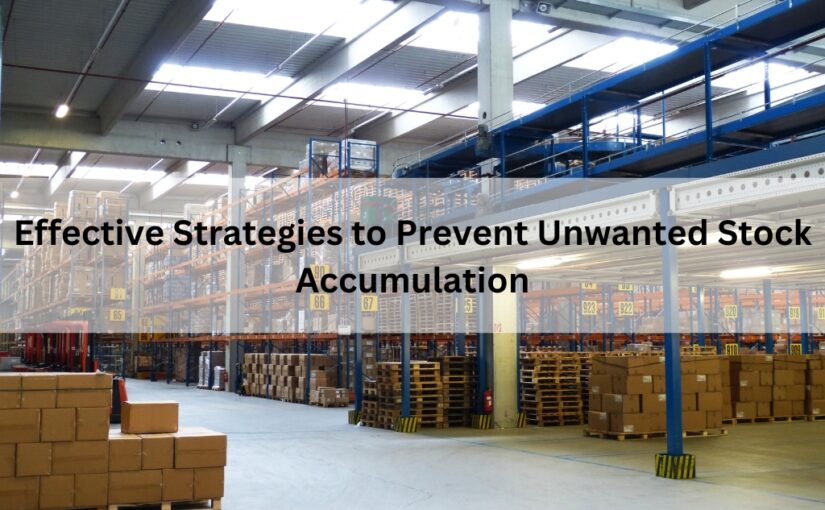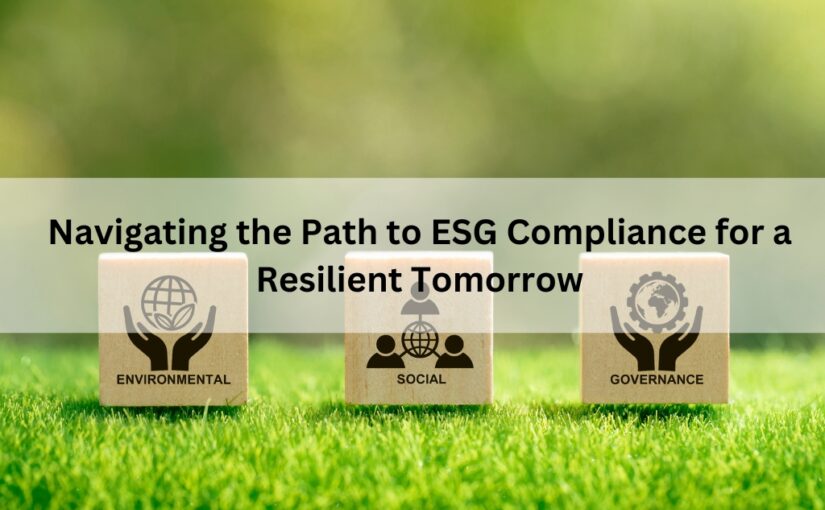Environmental compliance and RoHS regulations
The European Union laws governing environmental compliance management are complex, and how heavily your company needs to be concerned with them depends on what you do and how you do it. Even across the engineering sector, materials in use and processes at work vary widely, as will the need to ensure compliance with environmental and industrial regulations. A company producing custom software packages will be subject to far fewer regulations than one producing hazardous chemicals, or using them in a manufacturing process.
The regulations fall into a number of categories. One of the most important for manufacturers of electronic equipment or components is the Restriction of Hazardous Substances or RoHS directive. It covers a small number of particular materials that are dangerous or toxic in various ways. That includes mercury, lead, cadmium, and a number of other substances that are required by law to be kept safely stored and to be handled with appropriate precautions in place. RoHS compliance regulations also cover disposal of hazardous materials or anything that contains them.
In addition to making sure due diligence is observed whenever a hazardous substance is handled, stored, used, or removed from your premises for disposal or sale is just part of the process of environmental compliance. To be stay fully in line with RoHS all relevant companies also need to keep precise data on all their hazardous materials and make sure their records are kept up to date in case of an environmental audit – or in case an accident or a spill does occur.


